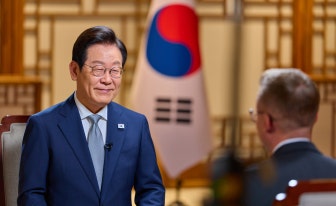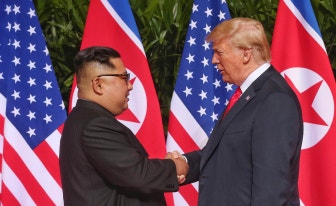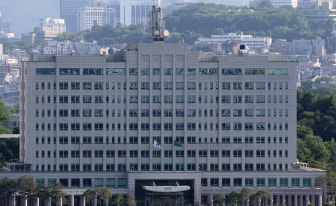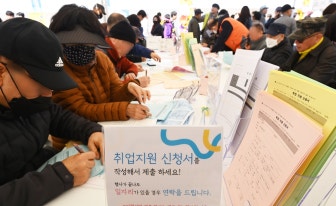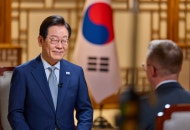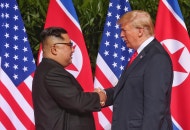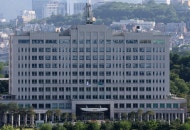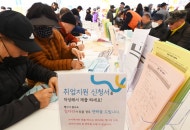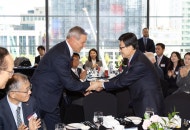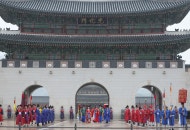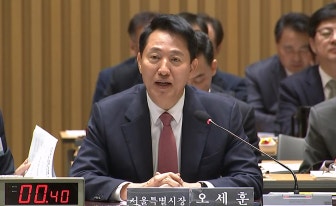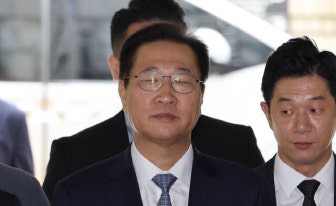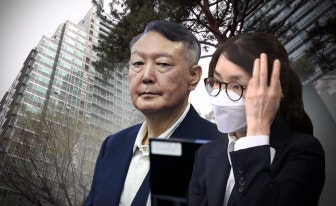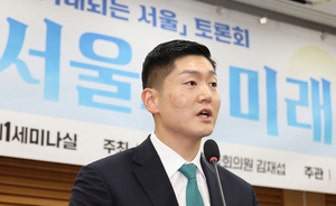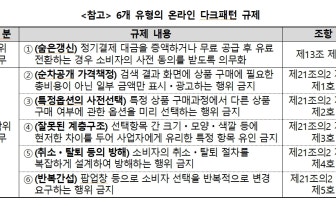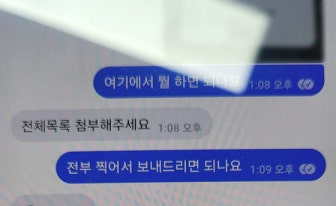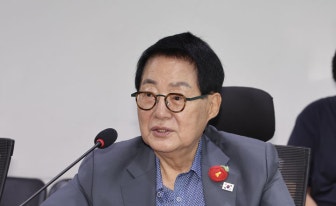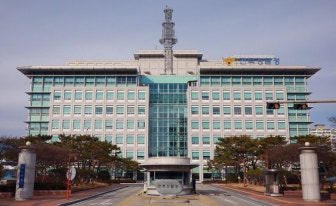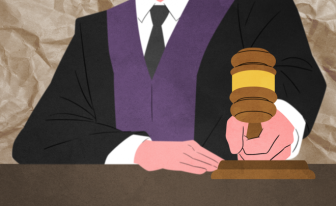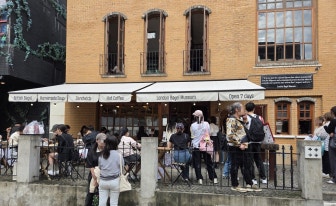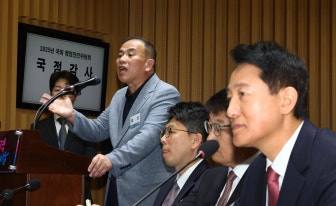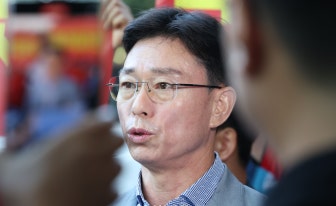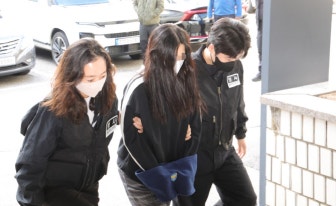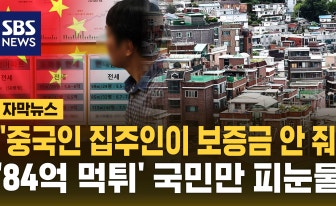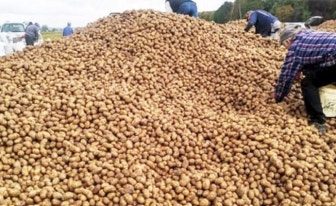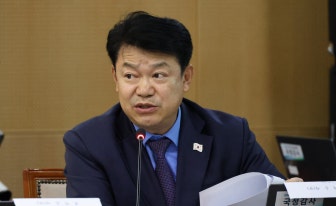| Finance Minister Koo Yun-cheol speaks during a media briefing in Seoul on Wednesday after a ministerial meeting on housing market stabilization measures. (Yonhap) |
All of Seoul and 12 areas in Gyeonggi Province were designated as overheated speculative zones on Wednesday, with housing loan rules tightened as the government moves to curb surging home prices in the capital region.
“The housing market has seen instability spread from areas near the Han River, amid expectations of global rate cuts and supply-demand imbalances,” Land Minister Kim Yun-duk said during a related ministerial meeting held in Seoul that morning. “The government is acting preemptively to contain further volatility and guide capital toward more productive sectors.”
The meeting was also attended by Finance Minister Koo Yun-cheol and other related agency officials.
Starting Thursday, all 25 districts of Seoul, including the previously designated Gangnam-gu, Seocho-gu, Songp-gu and Yongsan-gu, will be classified as regulated and speculative zones under tighter lending rules, including a 40 percent loan-to-value cap for first-time buyers and a mortgage ban for existing homeowners. Twelve districts in southern Gyeonggi Province, including Gwacheon and Gwangmyeong, were also newly added.
To further restrain speculation, the same areas will be designated as land transaction permit zones from Monday through Dec. 31, 2026, requiring prior approval for property sales and at least two years of residency by homeowners. The rule will apply not only to apartment complexes but also to housing clusters that include apartments.
Mortgage limits will also tighten, with loans remaining capped at 600 million won ($422,000) for homes valued up to 1.5 billion won, 400 million won for those between 1.5 billion and 2.5 billion won, and 200 million won for properties above 2.5 billion won.
The government is also tightening oversight of illegal activities and market manipulation. A new real estate crime oversight body will be established next year under the Prime Minister’s Office to coordinate enforcement across agencies, while a joint task force led by the Land Ministry will carry out intensive inspections through year-end.
The Land Ministry has referred suspected price-rigging cases to prosecutors and plans to launch a special judicial police unit. The tax office will target tax evasion through apartment donations and open a reporting center, while investigating high-end homes along the Han River and transactions involving foreign nationals and minors with unclear funding sources. The police agency will deploy 841 officers to a new real estate crime unit this month.
Looking ahead, the government is reviewing real estate tax reforms, including possible adjustments to property and transaction taxes to ease demand in overheated areas.
Wednesday’s announcement marks the third set of housing stabilization measures under President Lee Jae Myung’s administration, following the June 27 loan restrictions and the Sept. 7 supply package. While earlier measures appeared somewhat effective, with Seoul’s weekly apartment price growth slowing through June and July, the rate rose to 0.27 percent in September from 0.08 percent in late August, raising concerns about spillover into unregulated areas.

